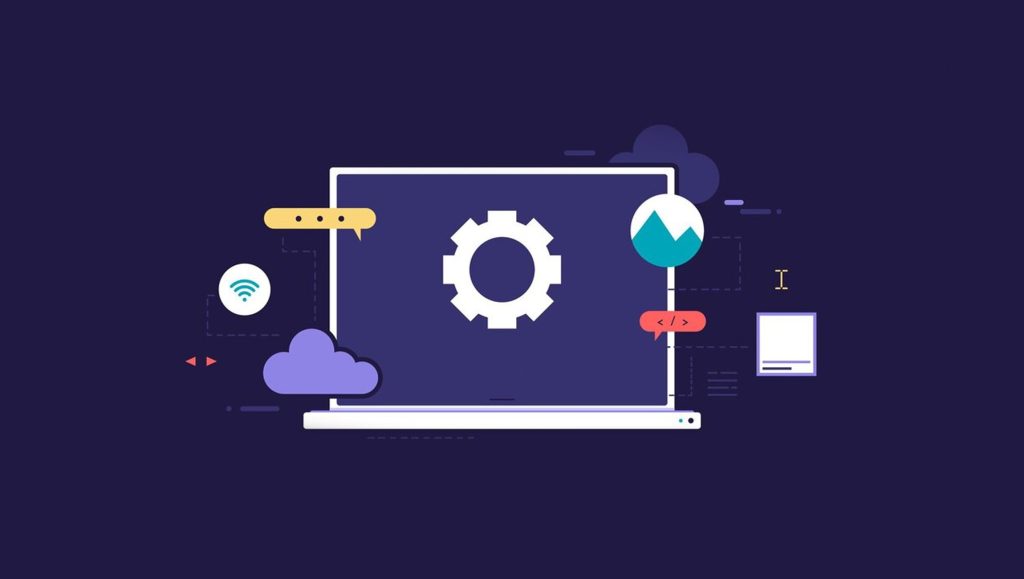C3 AI announced that it was awarded a broad-ranging omnibus patent for the company’s end-to-end enterprise AI solution, C3 AI® Suite, further solidifying the company’s position as a leading enterprise AI software provider for accelerating digital transformation, as well as strengthening C3 AI’s intellectual property and competitive advantage.
Read More : KnowBe4’s Global Cybersecurity Experts Make Predictions For 2021 Cyber Trends
The newly issued U.S. patent (No.10,817,530) was granted for “systems, methods, and devices for an enterprise AI application development platform.” The patent encompasses not only advanced data processing and AI application development, but also the extensive array of techniques necessary to build an end-to-end enterprise AI platform, including C3 AI’s unique model-driven architecture.
“This patent is the most significant and substantial we have been awarded to date,” said Thomas M. Siebel, CEO of C3 AI. “When we filed years ago, no one else conceived of a comprehensive, end-to-end solution with a model-driven architecture that accelerates the delivery and reduces the complexity of developing and operating enterprise AI applications. This sweeping patent further extends our leadership and maturity in this market as well as our commitment to protect our IP and our customers, ensuring their ability to rapidly deploy and scale AI with confidence to drive high-value outcomes across their business.”
The comprehensive patent protects many methods and techniques that enable the development of enterprise AI applications, including:
1. Use of a model-driven architecture for the “design, development, deployment, and operation of next-generation cyber-physical software applications and business processes”
2. The “application of advanced data aggregation methods, data persistence methods, data analytics, and machine learning methods”
3. Methods for “implementing abstraction and continuous processing of the aggregated data using a model-driven architecture”
4. Embedding capabilities “in a model-driven architecture type system to recommend actions based on real-time analysis of petabyte-scale data sets and telemetry data from millions to billions of endpoints”
5. The use of an ontology, or canonical data mode, that “comprises conceptual domain models of various attributes and processes related to different entities or domains,” wherein “the various attributes and processes comprise persistence, data representations, data interrelationships, computing processes, or machine learning algorithms” and “is extensible to allow users of said application development platform to integrate new data formats”
6. A standardized data format that “comprises an aggregation and correlation of two or more data formats associated with the plurality of data stores, while ensuring automatic and guaranteed referential integrity of the underlying two or more data formats,” wherein “the standardized data format is automatically exposed and accessible through RESTful interfaces”
7. “A method comprising: storing time-series data in a key-value store and non-time-series data in a relational database; implementing, on an application development platform, abstraction over a plurality of data stores comprising the key-value store and the relational database, wherein the abstraction comprises a metadata-based mapping framework over a plurality of data formats associated with the plurality of data stores.”
“This appears to be a seminal patent,” said Bruce Sewell, a C3 AI director, and former general counsel of Apple and Intel. “A close reading reveals a number of fundamental concepts that appear both necessary and sufficient to deploy an enterprise AI application.”
C3 AI has invested over a decade building a leading platform that brings enterprise AI solutions across industries at global, industrial scale to drive digital transformation. The C3 AI Suite is a scalable, production-ready enterprise AI solution that enables organizations to rapidly design, develop, and deploy enterprise-scale AI applications on any public, private, or hybrid cloud environment. It allows organizations to integrate and unify massive, fragmented data sets from disparate enterprise and extraprise data stores and sensors, and apply machine learning algorithms to generate predictive insights that improve efficiency, reduce costs, increase revenue, enhance safety, and drive greater profitability.
Read More : How The Covid-19 Pandemic Accelerated Enterprise Investment in NLP






















